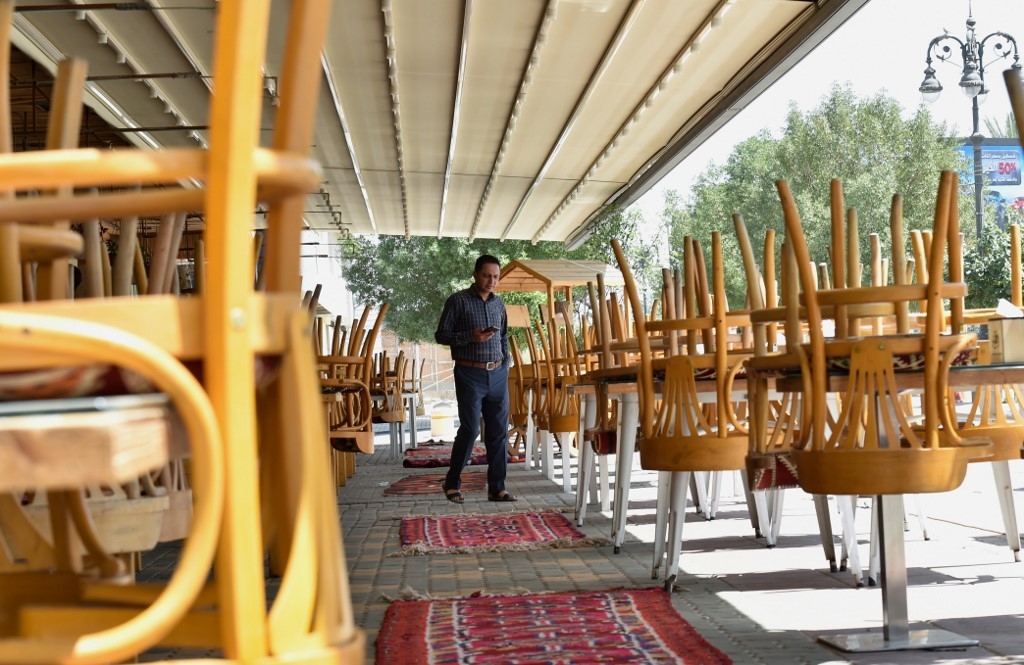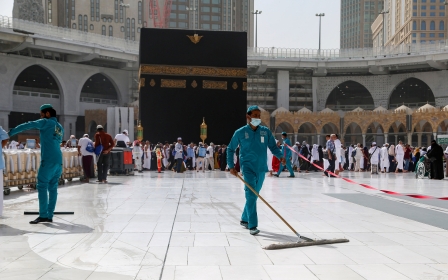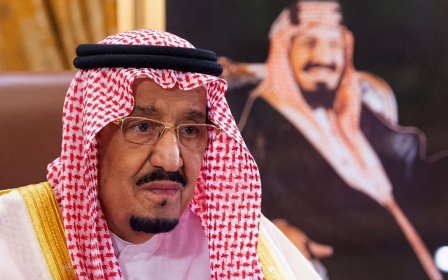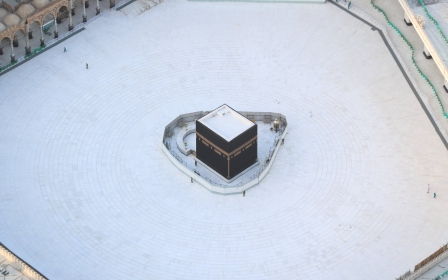Coronavirus: Saudi Arabia imposes 'dusk-to-dawn' curfew for 21 days

Saudi Arabia's King Salman announced a "dusk-to-dawn" curfew on Monday to stop the spread of the new coronavirus after the Gulf Kingdom reported a spike in cases.
The official Saudi Press Agency (SPA), citing a royal order, said the curfew will last for 21 days and be in place between 7pm and 6am.
This move is part of a series of measures taken by the kingdom to contain the spread of the coronavirus.
Saudi Arabia on Sunday said the number of Covid-19 cases had risen to 511, the highest in the Gulf region, but reported no deaths so far.
No details were given on where exactly most of the Covid-19 cases had been confirmed.
New MEE newsletter: Jerusalem Dispatch
Sign up to get the latest insights and analysis on Israel-Palestine, alongside Turkey Unpacked and other MEE newsletters
Middle East Eye reported on Friday that Riyadh's King Faisal Hospital, where members of the royal family are treated, was being closed down for all but emergency cases after an anaesthetist working at the hospital tested positive for the virus.
The SPA said health workers, security and military officials would be exempt from the curfew, according to the royal order.
King Salman warned last week of a "difficult" fight ahead, with the kingdom facing mass shutdowns because of the virus and crashing oil prices.
The oil rich kingdom unveiled economic stimulus measures amounting to 120 Saudi billion riyals ($32 billion) to support businesses and said it plans to raise borrowing to 50 percent of GDP.
Saudi Arabia has already introduced a series of measures to combat Covid-19, including shutting down cinemas, restaurants and shopping malls throughout the country.
It has also halted flights, suspended the year-round Umrah pilgrimage and banned prayers in all its mosques, except the holy mosques in Mecca and Medina.
The world's top crude exporter faces plunging oil prices, the mainstay of government revenue, which have slipped to around $25 a barrel to touch multi-year lows on the back of sagging demand due to the virus and a price war with Russia.
More than 1,300 coronavirus infections have been detected in the Gulf region, with most cases initially identified among travellers returning from Iran, which is one of the world's worst affected countries.
Middle East Eye delivers independent and unrivalled coverage and analysis of the Middle East, North Africa and beyond. To learn more about republishing this content and the associated fees, please fill out this form. More about MEE can be found here.




